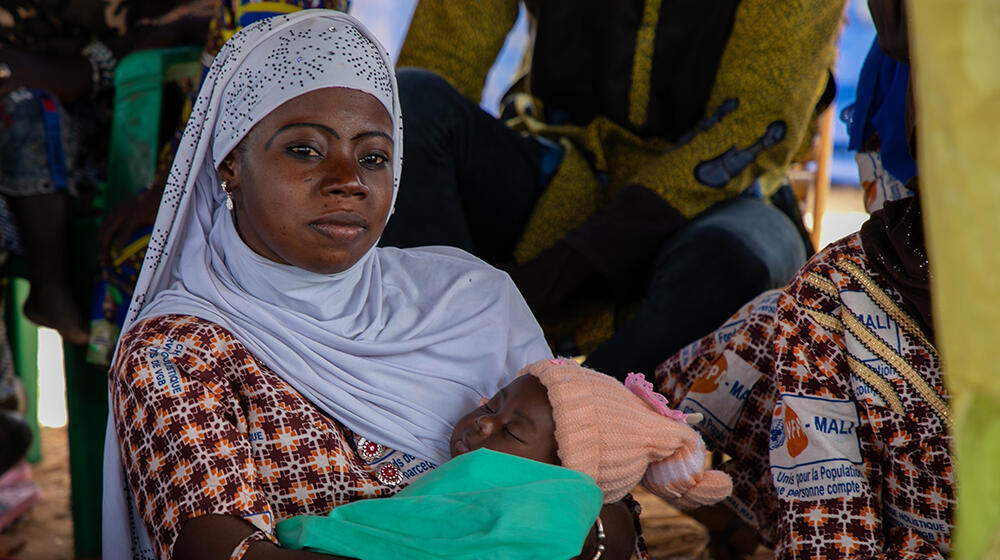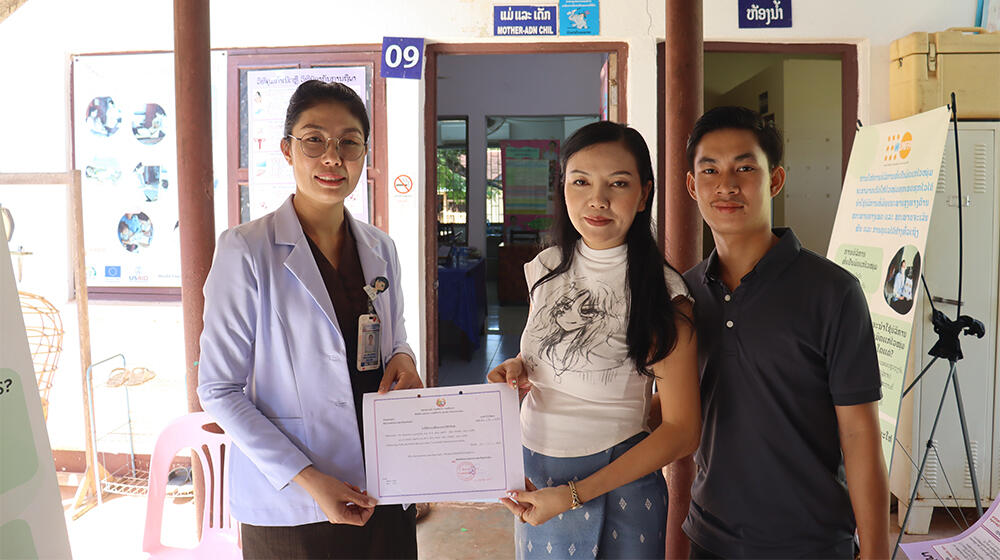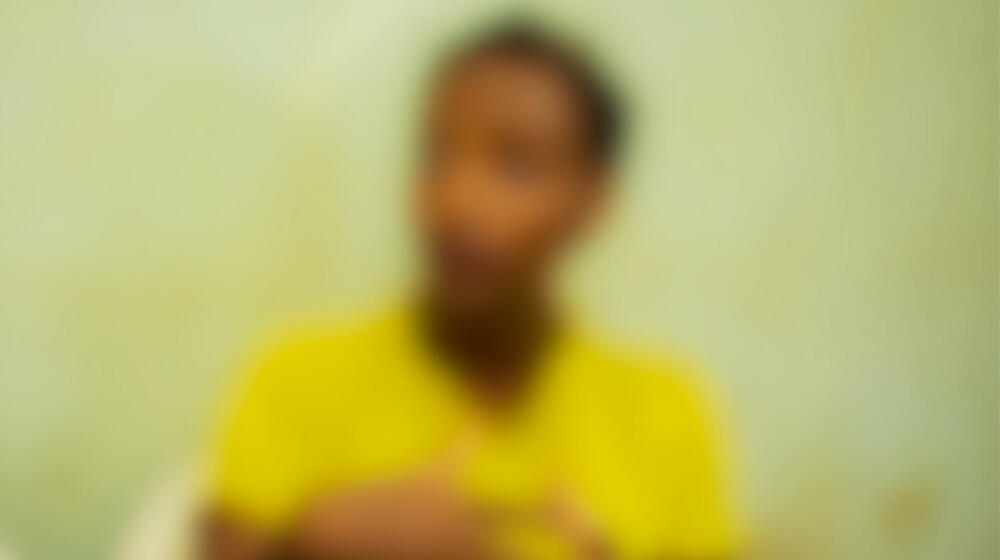Republic of Korea

Donor Rankings, 2022
Donor rankings include UN-to-UN transfers, which are UNFPA's top source of revenue overall.
Key areas of partnership with the Republic of Korea, as highlighted in the 3rd Mid-term Plan for International Development Cooperation (2021-2025), include health (with a special focus on the COVID-19 response), humanitarian assistance, digitalization, and climate change. Since 2018, with the launch of its “Action with Women and Peace Initiative”, Korea has been stepping up its efforts to support the empowerment and protection of women in conflict and to support UNFPA’s work in the area of gender-based violence.
The Korean International Cooperation Agency’s focus on health, education and gender is aligned with UNFPA’s work on maternal, adolescent and child health, and family planning. The cross-cutting gender equality strategy is three-pronged: Economic empowerment, social status and basic rights. Supporting basic rights includes: Promoting sexual and reproductive health and rights, supporting maternal and newborn care, and ending gender-based violence.
Specific examples of collaboration between the Republic of Korea and UNFPA include: Preventing and responding to gender-based violence in Afghanistan, providing maternal and neonatal assistance in Mozambique, preventing and treating obstetric fistula in Cote D'Ivoire, improving maternal health care in Tanzania, supporting the sexual and reproductive health and rights of adolescent girls in Uganda, empowering girls in Nigeria, and addressing population ageing.
UNFPA is an important partner in addressing Gender-based Violence (GBV) and promoting Sexual and Reproductive Health and Rights (SRHR). Korea will seek to scale up its partnership with UNFPA in the area of population and humanitarian response.Mr. Sangwook Ham, Deputy Minister for Multilateral and Global Affairs of the Ministry of Foreign Affairs
Key results are for illustrative purposes only, and reflect what a donor has contributed to through funding to UNFPA in 2022. Key results presented here may not reflect the figures provided by government donors.
Contributions Since 2014
- All
- 2014
- 2015
- 2016
- 2017
- 2018
- 2019
- 2020
- 2021
- 2022
Effective 1 January 2022, UNFPA adopted a new revenue recognition policy; however, for the purposes of this website, information is presented based on previous policy to allow comparability of information across different years.
Effective 1 January 2022, UNFPA adopted a new revenue recognition policy; however, for the purposes of this website, information is presented based on previous policy to allow comparability of information across different years.
Donor Global Statistics


